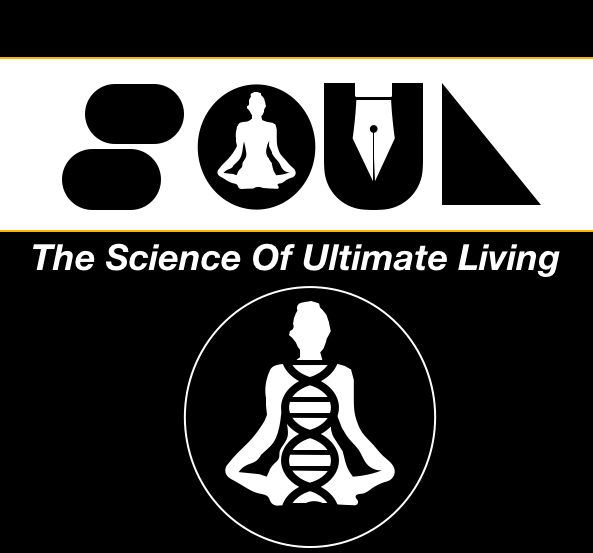
Our species is unique in that we are born very immature, and our brains take a long 25 years to completely mature. Even after that, they continue to adapt and evolve.
- Stage 1: Years 0-2: New baby neurons are disparate and unconnected. In the first two years, they connect rapidly, forming two million new connections every second. By age two, a baby has over 100 trillion synapses, double that of an adult. The environment in which a child grows up in the first two years goes a long way in determining the future of the child. Unfortunately, this means where one is born plays a big role in our life, and we have no control over it. Coupled with pre-natal influences, part of poverty trap is biological.
- Stage 2: Years 2 to puberty: During this stage, neural pruning occurs. As we mature, 50% of our synapses are pared back. The synapses that are used more often are strengthened, while the underused ones are discarded.
Just before the onset of puberty, there is a second period of overproduction as the prefrontal cortex (PFC) sprouts new cells and connections, creating new pathways for learning. Another important stage of life. - Stage 3: Teenage to 25 years: The overproduction is followed by a decade of pruning. The volume of the PFC is reduced by 1% per year. The shaping of circuits during the teenage years sets us up for the lessons we learn on our paths to becoming adults. Massive changes take place in the brain areas responsible for higher reasoning and impulse control.
The medial PFC becomes active when we think about ourselves, especially self-evaluation. It becomes more active in social situations around age 15 making teenagers more sensitive to peer pressure and social exposure.
The dorsolateral PFC, which is important for controlling impulses, is one of the last brain regions to mature, not reaching full maturity until the early 20s.
A mature pleasure-seeking system (nucleus accumbens) coupled with an immature child-like orbitofrontal cortex (responsible for executive decision-making, attention, risk-reward assessment, and future consequences) makes teens emotionally hypersensitive, risk-taking (fast driving, sexting naked photos, becoming revolutionary, falling for terrorism), self-conscious, and prone to peer-motivated behaviour. Teen tantrums are real! - Stage 4: Adulthood: The brain is fully developed by age 25. However, our character is not set in stone. The brain is flexible and plastic, and it continues to change. Experience and habit-building change the brain, and the brain retains the change. Diseases, tumours, or accidents that affect the brain can drastically change people’s behaviour, often turning innocent people into murderers. People change over time, and so do our memories of the past. We can have richly detailed and deeply felt false memories. Every time we think about the past the brain creates a new model.
- Stage 5: Aging: We suffer cognitive decline with age. However, the rate of decline can be controlled. Positive influences on cognitive decline include brain activity or cognitive exercise (reading, learning new skills, crossword puzzles, having responsibilities), social activity, social networks and interaction, physical activity, conscientiousness, and purpose of life. Negative influences include loneliness, depression, and proneness to psychological distress.
Our brain controls how we behave…. But how we behave also changes our brain! Then there is so much that is outside our control. Or maybe most things are. The jury is still out on whether we have free will.
**Conclusion:**
Our brains are complex and fascinating organs that are constantly changing and evolving. Understanding the stages of brain development can help us to better understand ourselves and the people around us.
Ref: The brain: the story of you, by David Eagleman
The book “The Brain” by David Eagleman is a popular science book that explores the latest (reprint 2017) findings in neuroscience. Eagleman tackles a wide range of topics, from the basics of brain anatomy and function to the more complex issues of consciousness and free will.
It can be clubbed with Being You by Anil Seth reviewed earlier:
Buy book:

